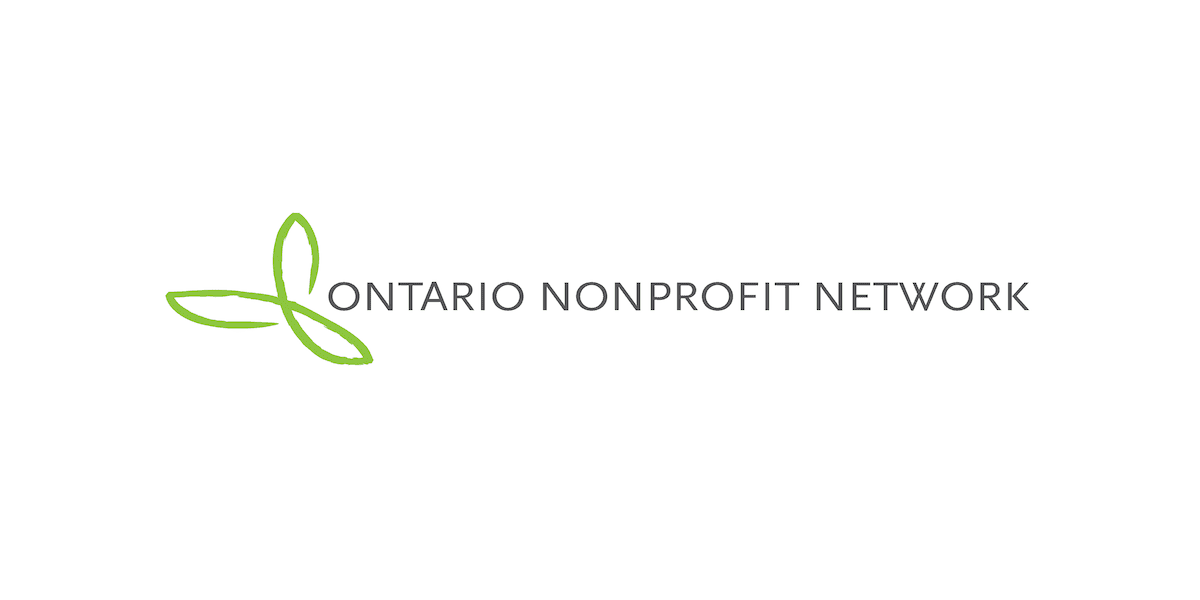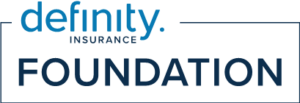
Blog
Three reflections on 15 years as a nonprofit advocate
This article was written by ONN Board Member Myna Kota. Myna is the Public Policy and Stakeholder Affairs Lead at Casey House. She has more than 15 years of experience with both local and national nonprofits. You can view her original article here.
15 years ago, after a brief stint in the private sector, I started my first job at a nonprofit organization. Since that time, a lot has changed in the world; and throughout it all nonprofits have had their ears to the ground, serving communities, spotting challenges and opportunities, and speaking up for the needs of so many people. As an advocate, the focus of my work has been to help ensure that people are not held back by economic circumstances or social norms. While our understanding of issues, how to solve them, and the language we use have all evolved, the need for advocates has remained constant. Looking back on my first decade and a half of this work, I share these three thoughts on the significant role and promise of nonprofit advocacy.
1. Nonprofits bring social policy to life by providing access to vital services
My first nonprofit job was at Goodwill Toronto, a social enterprise that provided paid jobs and training to youth from underserved communities. By providing pay above minimum wage, skills training and connections to mentors, Goodwill prepared young people to make the leap from unemployment to sustainable work. For instance, in the span of six months we witnessed one youth who was living in emergency shelter gain hands-on work experience, progress to a higher wage job and move into more independent housing. Programs that increase access to housing, employment, and other factors that determine health and wellbeing, can help steer public policy right at the community level.
2. Nonprofits have a unique lens on policy issues
I saw this often at Girl Guides of Canada, a national organization that equips girls to discover themselves and confidently navigate the roadblocks they may encounter in the world. By hearing first-hand their stories of life in the classroom, on the sports field and at their summer jobs, we uncovered new insights on long-standing issues: that the gender wage gap starts as young as age 12, and that girls may be closing the door on STEM careers as early as Grade 8. By tuning into this younger demographic, we learned that age matters when looking at how girls and women experience gender inequality; and age and gender are only two aspects of a person’s identity that can affect their reality. Nonprofits are uniquely situated to discern how different and diverse populations experience life each day, and can offer valuable perspectives to policy-makers.
3. Nonprofits are well-placed to have a broad view of the policy landscape
Making the world a more equitable place requires action on many fronts. It’s not only about funding essential services, not only about changing policy and regulations, and not only about shifting discriminatory attitudes and behaviours. All of these actions are critical, but more importantly need to be tackled in concert. In my first few months at Casey House, an HIV specialty hospital, this was immediately clear. The environment in which health care is delivered is critical to the success of individual services. Providing equitable health care requires a combination of enhancing service provider education, increasing access to services, and addressing the stigma that so many people continue to face. Nonprofits are in a unique position to see the full scope of what’s needed and to coordinate efforts both within and between sectors.
Closing Thoughts
From the beginning, I’ve believed that nonprofits play a vital role in building our communities and that solving public issues requires all hands on deck. The sector serves our collective well-being, and advocacy is an inherent part of that work. Nonprofits are deep reservoirs of front-line knowledge and expertise on how we can better understand, consider, and invest in policy issues, and have a unique opportunity to do this work. I’ve seen how organizations can bring more nuance and humanity to the policy decisions that affect so many people, by creating meaningful opportunities for them to be involved in the process, for their stories to be heard, and for their experiences to be considered and valued. Without this work, important perspectives will be missing from the debates, discussions and decisions that affect so many lives.





